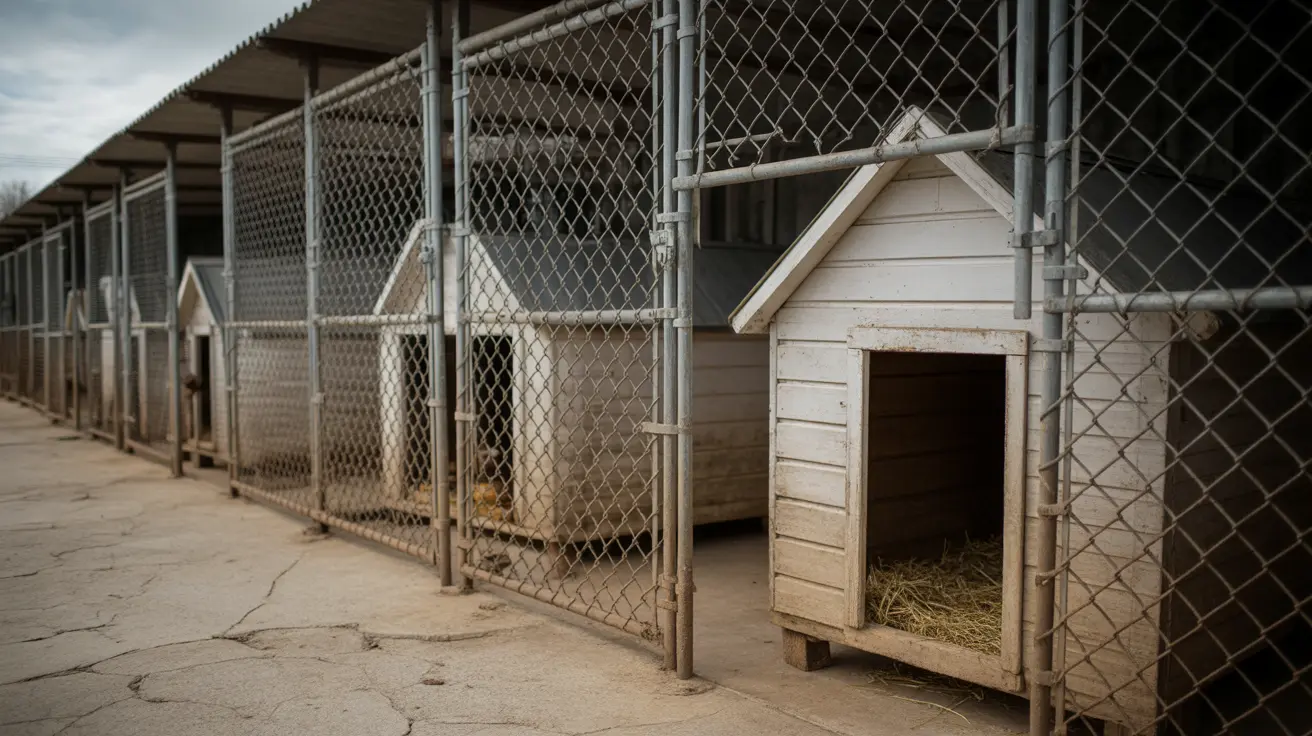Veterinarians’ Insights on Littermate Syndrome in Dogs
Littermate syndrome is a behavioral condition that often emerges when two sibling puppies are raised together in the same household. Pet owners, especially those with the best intentions of keeping siblings united, might not realize the psychological and emotional complications that can follow. So, what do vets say about littermate syndrome? The consensus among veterinary professionals and animal behaviorists is caution—rearing sibling dogs simultaneously without strict guidance can result in long-term behavioral issues.
What Is Littermate Syndrome?
Littermate syndrome, also known as sibling aggression or littermate dependency, refers to various behavioral issues that develop when two puppies from the same litter grow up together. These issues include heightened anxiety, poor socialization, training difficulties, and potential aggression—often between each other or towards others.
Common Behavioral Symptoms
- Separation anxiety: Puppies with littermate syndrome may panic if separated, even momentarily.
- Fearfulness: They may become fearful of unfamiliar people, objects, or environments.
- Lack of focus: Training becomes challenging because the puppies are more engaged with each other than with their human handlers.
- Inter-sibling aggression: As the dogs mature, rival behaviors may escalate into fights.
What Do Vets Recommend?
Veterinarians and certified animal behaviorists often recommend adopting one puppy at a time to avoid these complications. If pet parents do adopt siblings, professionals stress the need for:
- Individual bonding time: Separate training sessions, playtime, and walks.
- Crate training apart: Each puppy should sleep in a separate crate to encourage independence.
- Socialization: Introduce each dog independently to people, other animals, and experiences outside the home.
Veterinarians emphasize consistency and patience. They acknowledge that while not every pair of siblings will develop problems, the likelihood of behavioral issues increases without proper intervention.
Can Littermate Syndrome Be Prevented?
Yes, but it takes rigorous effort. Vets advise dog owners to treat sibling puppies as completely separate dogs from day one. This means independent routines, training, and emotional connections. Doing so may reduce the risk of dependency and behavioral dysfunction.
Long-Term Impacts
Left unchecked, littermate syndrome can affect a dog’s well-being well into adulthood. The behaviors don’t typically resolve with age and may get worse. The emotional reliance between the dogs can hinder their ability to bond with humans, and even lead to anxiety disorders.
Final Thoughts from Vets
Most vets agree: unless you are an experienced handler or willing to invest heavily in training, adopting sibling puppies can be a mistake. The ideal approach is to adopt one puppy and wait 6 to 12 months before adding another to your home. This allows the first dog to establish healthy development and build a bond with you as its primary caregiver. That foundation makes the addition of another dog a smoother, more successful experience.
In conclusion, vets advocate awareness and preparation. Littermate syndrome is real, but with dedication and professional support, dog owners can avoid or manage its effects successfully.





